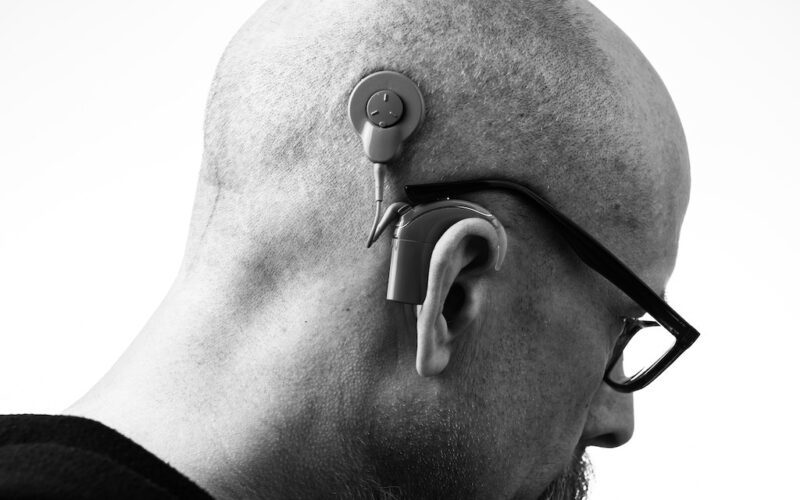Hearing loss is a prevalent concern that affects many individuals across the United States. As technology advances, options for addressing hearing loss have expanded to include both prescription and over-the-counter (OTC) hearing aids. Understanding the differences between these two types of hearing aids is crucial when making a decision that suits one’s hearing needs.
Advantages of Prescription Hearing Aids
Prescription hearing aids are devices that are recommended and fitted by a licensed audiologist or hearing healthcare professional. These professionals conduct comprehensive hearing evaluations to identify the nature and extent of the hearing loss. Based on the results, they prescribe and customize the hearing aids to address the specific requirements of the individual.
One of the primary advantages of prescription hearing aids is they are tailored to an individual’s unique hearing profile. Additionally, prescription hearing aids are suitable for various degrees and types of hearing loss, from mild to profound. They offer multiple features and settings that can be adjusted based on the individual’s needs.
Advantages of OTC Hearing Aids
OTC hearing aids are hearing devices that can be bought directly by consumers without a prescription. These devices are designed for individuals with moderate to mild hearing loss and are meant to be more affordable and accessible.
The primary advantage of OTC hearing aids is their convenience and accessibility. Individuals can purchase these devices without a formal hearing evaluation or prescription. OTC hearing aids are often more cost-effective than prescription options, making them a budget-friendly choice for those with mild hearing loss.
Considerations when Making a Choice
When deciding between prescription and OTC hearing aids, there are several factors to consider.
Quality and Performance
It’s important to note that prescription hearing aids typically undergo rigorous testing and quality control measures to ensure their effectiveness and safety. OTC hearing aids, while more accessible, might not undergo the same level of scrutiny. Therefore, individuals seeking optimal hearing outcomes might prefer prescription hearing aids for their proven quality and performance.
Consultation with Professionals
For individuals who are uncertain about which type of hearing aid to choose, consulting a licensed audiologist or hearing healthcare professional is recommended. These professionals can conduct thorough assessments of hearing needs, recommend appropriate options, and provide guidance on the best course of action.
Regulations and FDA Approval
The U.S. Food and Drug Administration (FDA) regulates both prescription and OTC hearing aids to ensure their safety and efficacy. However, prescription hearing aids are subject to more stringent regulations due to their customization and potential for addressing a wider range of hearing loss.





